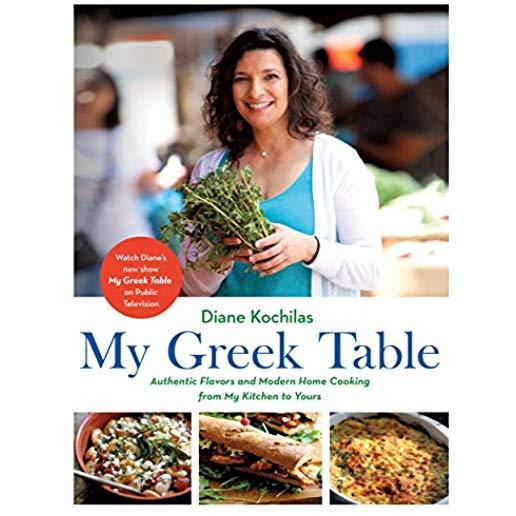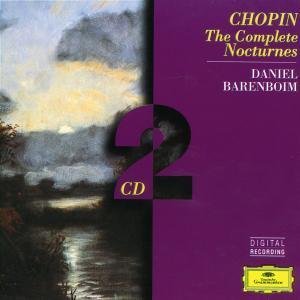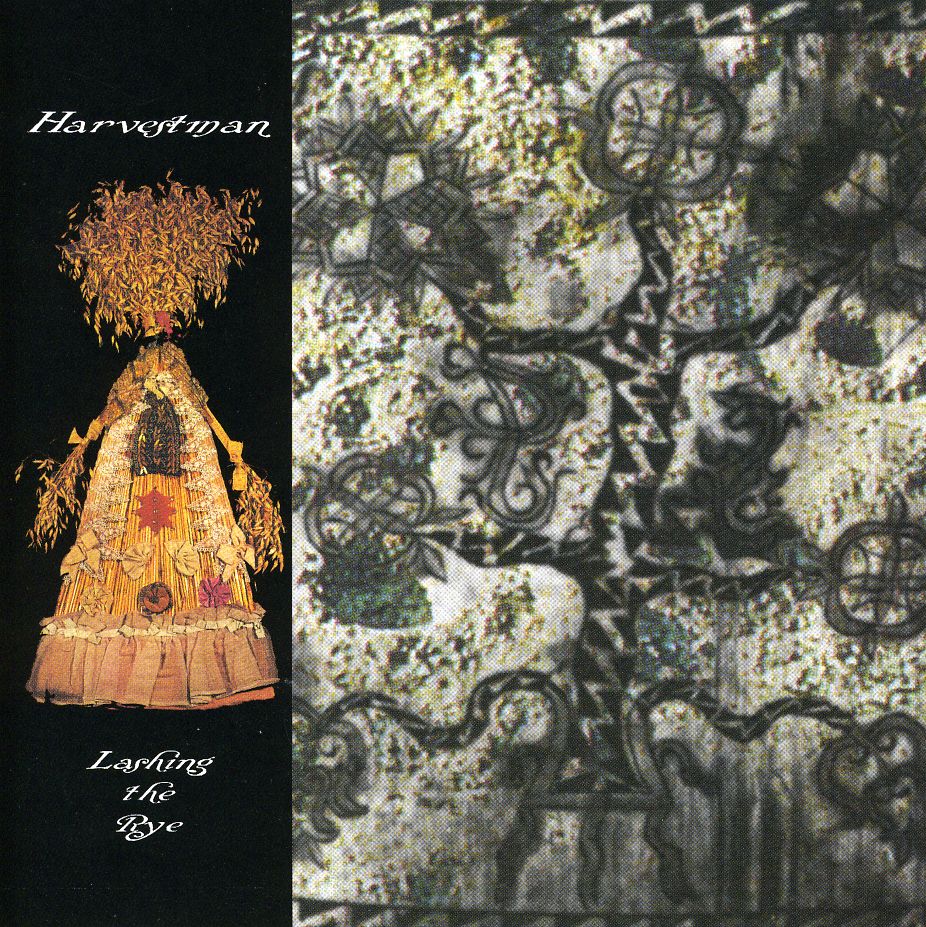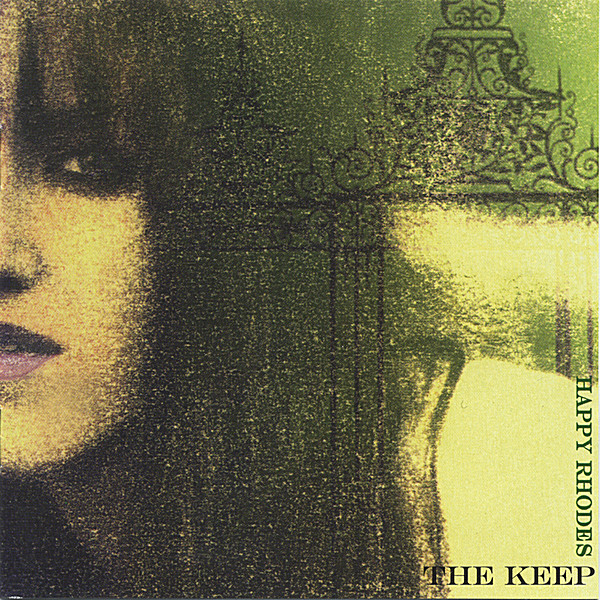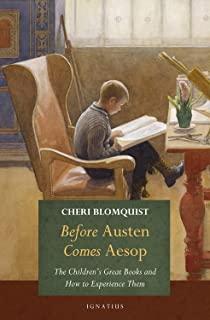
Blomquist, Cheri
The book's premise is that children often do not spend enough time with the literature written or adapted for them before diving into adult works. An experienced teacher, the author argues that children benefit in many ways from lingering longer over literature created for them.
The Children's Great Books list includes the classic works that, while not written strictly for children, were orally passed on to them for generations and are foundational for understanding Western culture. These works include Greek and Roman fables, myths, and epics; European legends, sagas, folk stories, and fairy tales; and the Bible. The list also includes the acclaimed works written specifically for children, beginning in the age of the first printing presses and continuing into the late twentieth century.
Additionally, acknowledging the changes in children's literature that have occurred since the mid-1960s, the author provides helpful information for discerning which contemporary influential books are appropriate, or perhaps inappropriate, for one's children. She also includes several appendices that are useful for the study of literature at both the elementary and the secondary levels.
member goods

Multi Metal Table
These are unique pieces by the artist. They can be modified in size and tailored to specific ...
$235.00
Steel Tree Sculpture
These are unique pieces by the artist. They can be modified in size and tailored to specific ...
$110.00
Abstract Steel Sculpture
These are unique pieces by the artist. They can be modified in size and tailored to specific ...
$225.00
Metal Abstract Sculpture
These are unique pieces by the artist. They can be modified in size and tailored to specific ...
$150.00